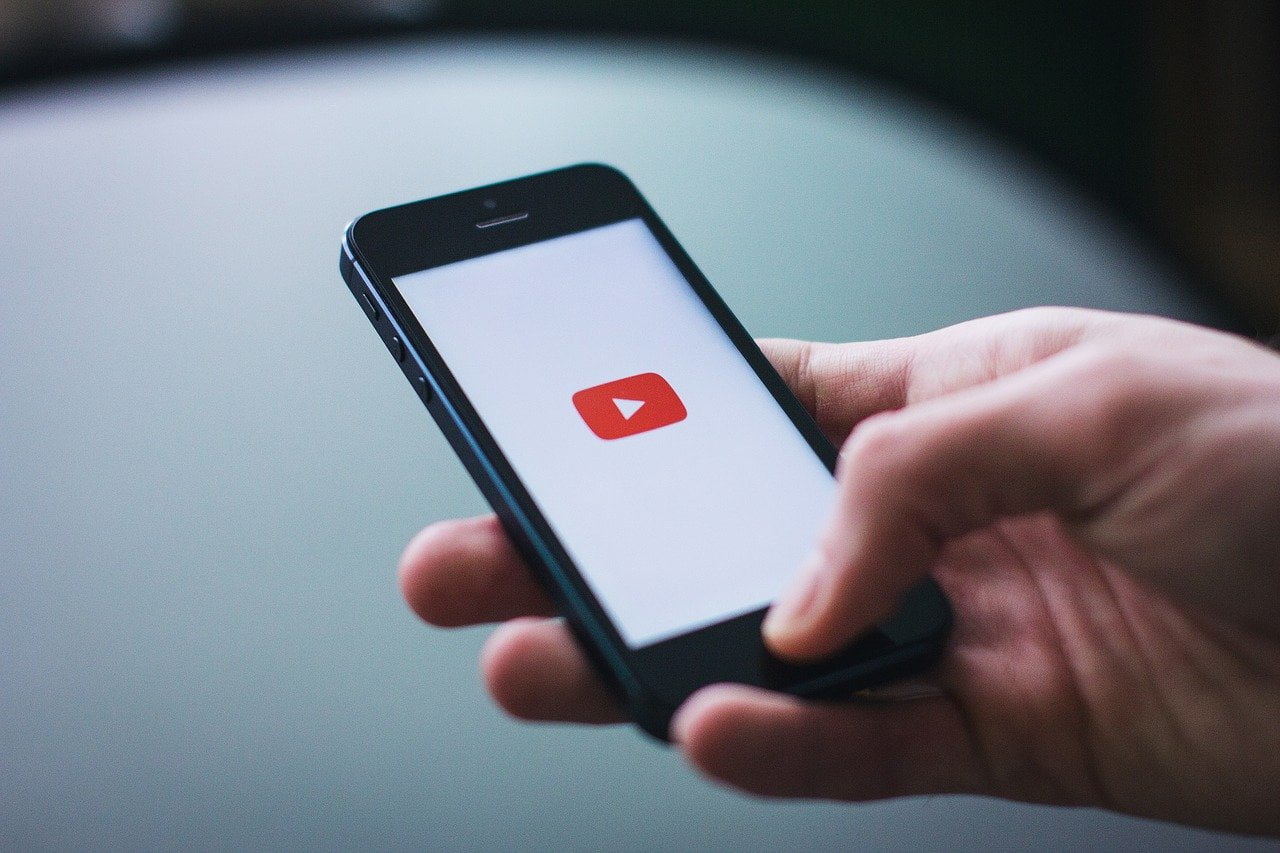YouTube Removes Videos Citing Different Opinions Of The Election, Tries to Replace Electoral College
The online video publisher has already removed 8,000 channels citing different opinions of the election
Q3 2020 hedge fund letters, conferences and more
YouTube Removes Videos That Contain "Misleading Information" About The 2020 Election
Henderson, NV—Yesterday the video publishing service YouTube, owned by parent company Google, announced that it would start deleting videos that they determine contain misleading information about the 2020 election. The publisher came out strongly against videos with supposed false election claims, with YouTube asserting that enough states had certified the election results to justify their decision.
Parler rebuts such actions taken by YouTube, with CEO and founder of Parler John Matze stating the following: “YouTube and other media publishers masquerading as platforms do not have the authority to call an election, nor should they be removing content they determine to be misleading. We have a process enshrined in the Constitution and governed by the rule of law. No social media platform should be able to act as a judge and jury for what constitutes ‘false election claims.”
A spokesperson for YouTube addressed this decision stating, “We will start removing any piece of content uploaded today (or after) that misleads people by alleging that widespread fraud or errors changed the outcome of the 2020 U.S. presidential election,” YouTube said. “We enforce our policies regardless of speaker.”
The Application Of Our Constitution And Bill Of Rights
Jeffrey Wernick, Chief Operating Officer of Parler, added the following: “It seems Google would like to make everyone accept its own standards as to what constitutes acceptable discussion about the application of our Constitution and Bill of Rights to the issues that have arisen in Election 2020. Individuals will no longer be permitted, if Google has its way, to consider any point of view that doesn't align perfectly with their Terms of Service.
"Some of us believe there is a significant difference between lack of 'sufficient proof' of fraud--whatever that means this week--and the absence of fraud itself. In an environment where observers were not in sufficient proximity of the ballots to observe the counting procedures, and where machines were not subject to a forensic audit, there is room for disagreement as to whether fraud is likely. Google should not shut down the organic process of discussion in search of truth. Parler made a pledge. Parler kept its pledge. Parler will continue to honor its Pledge."
Other prominent online publishers such as Twitter and Facebook have also restricted the spread of election related information on their platforms, claiming that it is an attempt to mitigate the spread of election misinformation on their sites. Ever since the election, Twitter and Facebook have banned election related ads and added disclaimers to posts related to the election that reference President Trump or election fraud topics.
Parler is committed to free speech, does not mine or sell data, and does not remove content based on politics or ideology. Parler continues to stand with the people and against techno authoritarianism.





